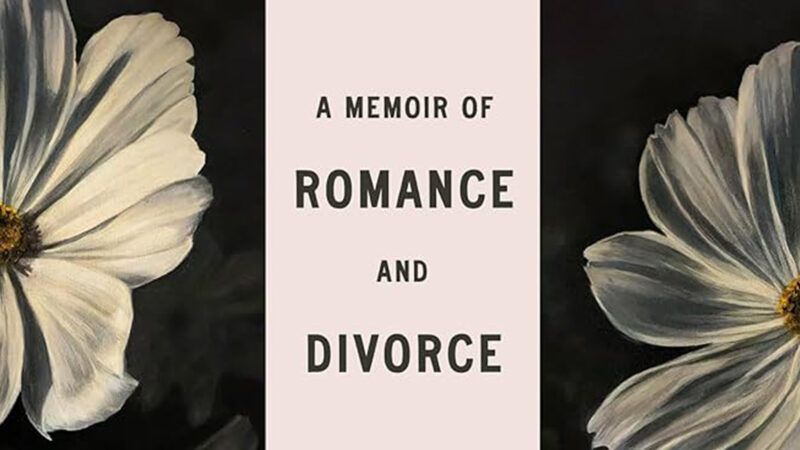Review: The Rise of the 'Divorce Memoir'
"There is no typical divorce," writes No Fault author Haley Mlotek.

We all know the basic structure of a love story, but what about a divorce story? Over the past several years, a cornucopia of "divorce memoirs" have been released—books such as Lyz Lenz's This American Ex-Wife, Leslie Jamison's Splinters, poet Maggie Smith's Good Bones, and Sarah Manguso's auto-fiction novel Liars. These books are nearly identical stories of wrenching middle-aged divorces caused by unloving, sexist husbands.
Haley Mlotek's memoir No Fault offers a broad view of the history of divorce in American culture and literature. Contrary to conservative nostalgia, Mlotek vividly describes just how terrible things were before no-fault divorce, and the indignities and abuse suffered by people unable to leave their marriages. The book also tells the story—albeit omitting the juiciest details—of Mlotek's own divorce after a short-lived marriage to her high school sweetheart. While the left wants divorce to be a source of feminist empowerment, and the right wants it to spell the downfall of the American family, Mlotek pushes back against the idea that divorce has to be so politically loaded in the first place.
"There is no typical divorce," she writes near the book's end, "no one narrative recognizable to the millions and millions of people who know better yet marry anyway, for their own reasons."


Show Comments (8)